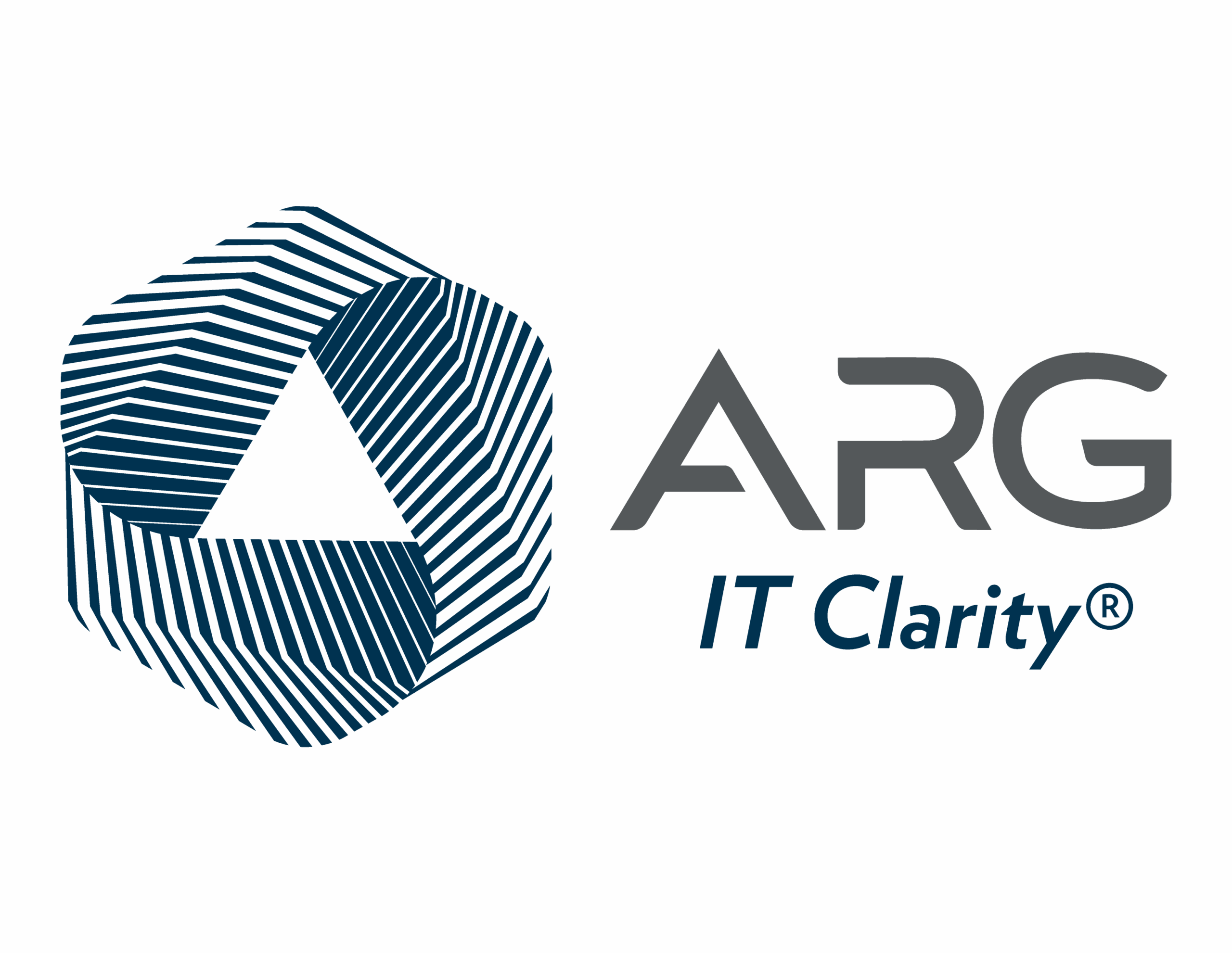Rapidly evolving technology makes it more challenging than ever to ensure you are choosing the right communication platform. Learn how to evaluate key capabilities from top providers, including AI, mobility, security and integrations.
Selecting a Unified Communications (UC) or Contact Center (CC) provider is a critical decision that can significantly impact your organization’s efficiency, customer satisfaction, and overall success. Here are the essential factors ARG considers when helping you find the perfect solution for your organization:
1. Collaboration Tools
Evaluate the collaboration tools currently in use within your organization. UC solutions often integrate various tools such as IP telephony, video conferencing, instant messaging, and file sharing. Ensure the provider supports seamless integration of these tools to enhance productivity and communication.
2. Contact Center Needs
Identify your specific CC requirements. Consider the volume of customer interactions, preferred communication channels (phone, email, chat, social media), and the need for features like call routing, IVR systems, and real-time analytics. A provider that offers a comprehensive suite of CC solutions can help streamline operations and improve customer service.
3. Integrations
Assess the integrations needed with your existing business applications. Look for providers that offer robust APIs and support for integrating with CRM systems, project management tools, and other business-critical software. Effective integrations can enhance workflow efficiency and data consistency across platforms.
4. Service Level Agreements (SLAs)
Examine the provider’s SLAs to understand their commitment to uptime, support response times, and issue resolutions. SLAs are crucial for ensuring reliable service and minimizing downtime. Look for providers offering high availability guarantees and clear remedies for SLA breaches.
5. AI Capabilities
Consider the AI capabilities offered by the provider. AI can enhance UC and CC solutions through features like chatbots, sentiment analysis, automated call routing, and predictive analytics. These capabilities can improve customer interactions, reduce response times, and optimize resource allocation.
6. Handling Personas and Workflows
Ensure the provider can accommodate various user personas and workflows within your organization. This includes support for remote and hybrid work environments, as well as the ability to customize solutions to meet the specific needs of different departments and roles.
7. Cost
Evaluate the total cost of ownership, including subscription fees, equipment costs, implementation, and ongoing maintenance. Compare cloud-based (UCaaS & CCaaS) against existing/current solutions to determine which model best fits your budget and operational needs. Consider both upfront costs and long-term expenses.
8. Support Models
Review the provider’s support models to ensure they offer the level of assistance your organization requires. This includes 24/7 support, dedicated account managers, and comprehensive training programs. Effective support can significantly impact the success of your UC or CC deployment.
9. Compliance
Ensure the provider complies with relevant industry regulations and standards. This is particularly important for organizations in highly regulated sectors such as finance, healthcare, and legal. Compliance features should include secure data handling, audit trails, and adherence to privacy laws.
10. Third-Party Partnerships
Investigate the provider’s partnerships with third-party vendors. Strong partnerships can enhance the provider’s offerings and ensure better integration with other tools and services you may use. Look for providers with a robust ecosystem of partners to support your evolving needs.
ARG can help you assess all of these factors and more to ensure you maximize the return on investment for technology purchases. Reach out to info@myarg.com for your free assessment today.


